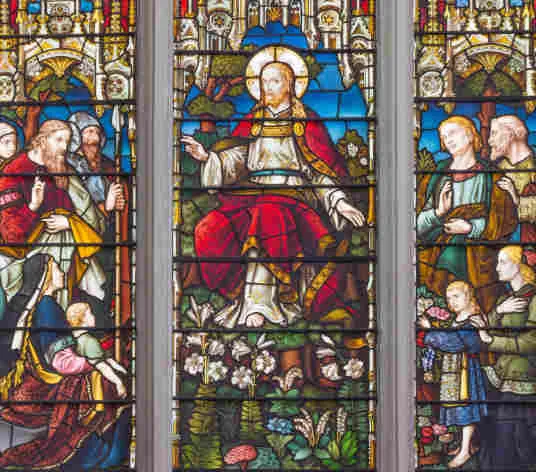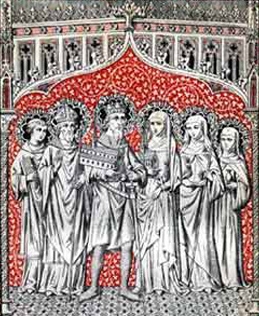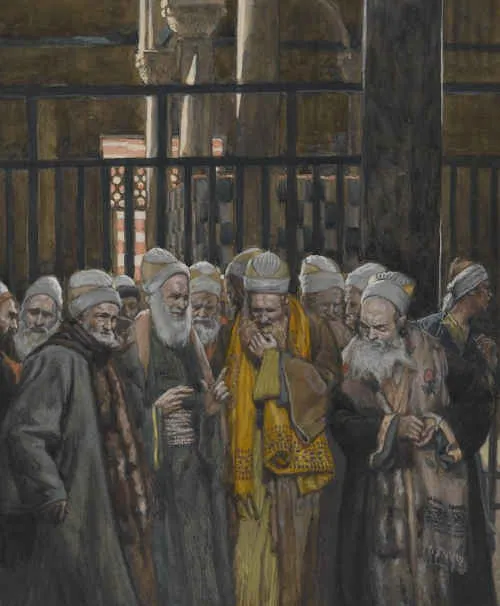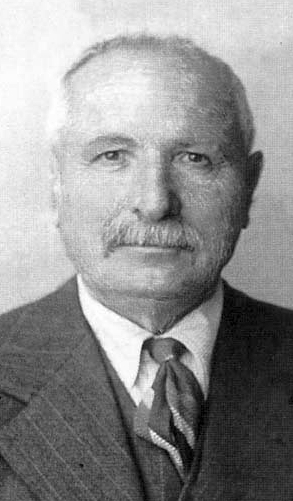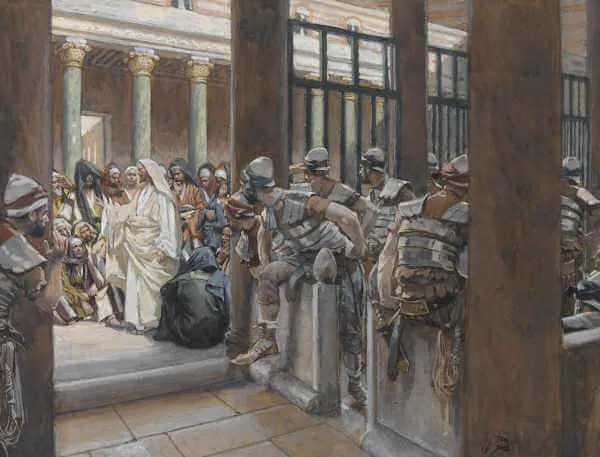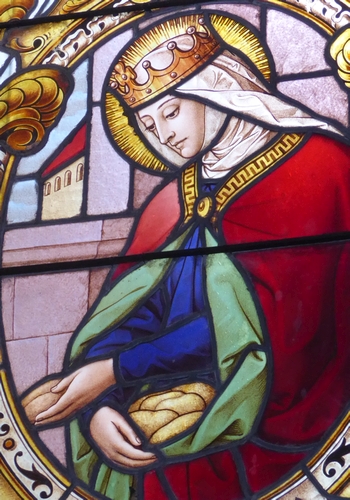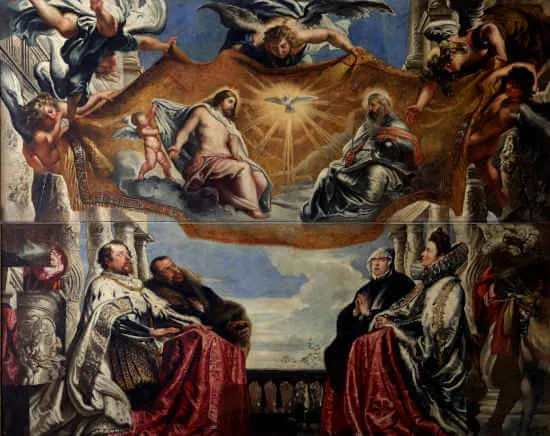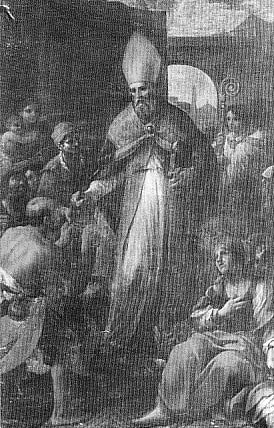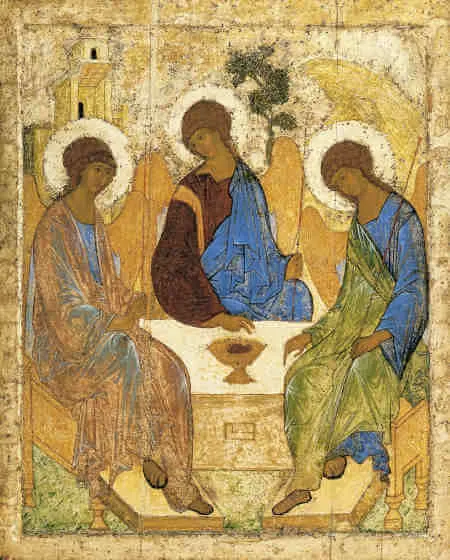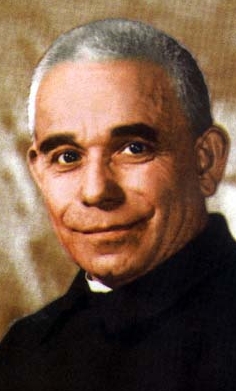John 12:27-28
Suffering Transformed by Glory
“I am troubled now. Yet what should I say? ‘Father, save me from this hour’? But it was for this purpose that I came to this hour. Father, glorify your name.” Then a voice came from heaven, “I have glorified it and will glorify it again.”
Reflection:
Our Lord’s human soul was “troubled.” Other translations state that His soul was in agony. After expressing His interior suffering, Jesus identified the human temptation caused by this suffering: to flee from His “hour.” Of course Jesus dismisses this temptation as a way of teaching us a lesson from His human experience.
As God, Jesus had perfect strength and always remained faithful to the mission He received from the Father. But as a human, Jesus permitted Himself to experience temptation and human suffering for many reasons. One reason was so that He could relate to us in every way.
That includes being able to relate to interior human suffering. In doing so, Jesus also made it possible for us to imitate Him and to share in the strength and determination He had as He perfectly fulfilled the will of the Father. Jesus allowed Himself to endure the agony caused by foreseen suffering because we will endure similar temptations through life.
What is it that causes you fear and anxiety as you look into the future? If there is something that immediately comes to mind, try to look at that within the light of Jesus’ own experience above. The first thing Jesus does is identify the temptation to fear. He does this by identifying the interior suffering He experiences and then by looking at the cause: His coming “hour.”
The “hour” of Jesus in the Gospel of John is a reference to His crucifixion and death. This was the reason He came to us. He came to suffer the consequences of our sins and to destroy death itself. But this mission of His was the cause of true human suffering and was also a temptation toward fear. But it was a fear that He perfectly overcame.
As you look at anything that tempts you to give into fear and anxiety, first ask yourself whether it is the will of God that you fulfill that action. If we are fearful of something that is not the will of the Father, then we should reject it. But very often the plan God has for our lives will include acting with courage in the face of some pending cross and suffering. Experiencing fear is normal, but fear will not turn into anxiety if we imitate our Lord and choose the will of God no matter the cost.
Jesus also embraced His Cross by looking at it through the lens of glory. He understood that His suffering and death would glorify the Father in Heaven. Therefore, He allowed Himself to see the Cross as a glorification of the Father. The same must happen in our lives. No matter what we face in life, no matter the cross we are given, if it is the will of God that we embrace it, then we must see it not only as a suffering we must endure but primarily as an act by which God will be glorified in our lives. This truer perspective will bring with it hope, joy and strength which will free us from anxiety caused by fear.
Reflect, today, upon the ways in which God is calling you to the cross. As you do, don’t allow fear to deter you. Instead, look at every pending suffering as an opportunity to glorify God in your life. See your crosses with gratitude and joy, and allow this new perspective to give you the strength you need to fulfill the mission given to you by the Father in Heaven.
Source: https://catholic-daily-reflections.com/2024/03/16/suffering-transformed-by-glory/


